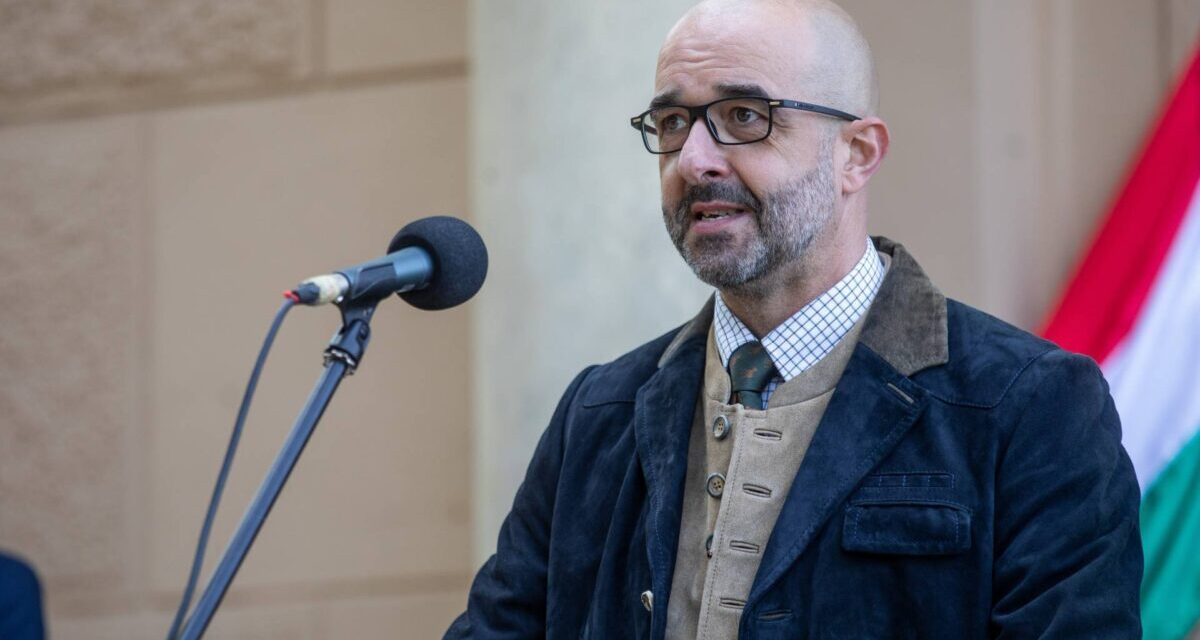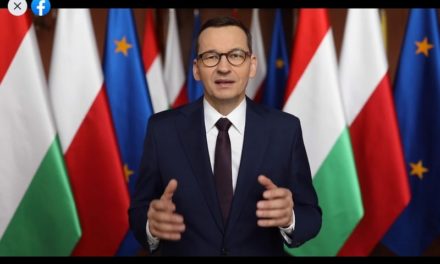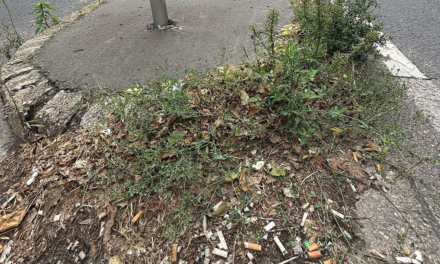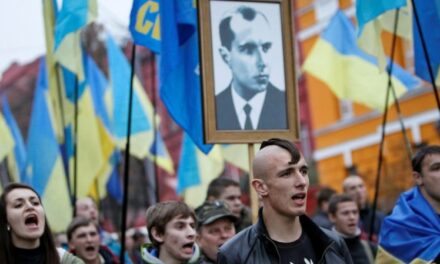Hungary responds to the challenges of the changing world.
Hungary is preparing for the biggest diplomatic events in its history this week. The meeting of the European Political Community (EPC) on Thursday and the informal EU summit on Friday will both take place in the Puskás Arena. Zoltán Kovács, the state secretary responsible for international communication and relations - who is also the government commissioner responsible for the operational tasks of the Hungarian EU presidency - made a statement about the preparations for the two events.
Thursday's meeting of the European Political Community will be attended not only by the leaders of the EU, but also by those outside the EU, the English, the Turks, the Caucasians, and the Northern and Western Balkans. Former Italian Prime Minister Mario Draghi, former President of the European Central Bank, is also expected in Budapest.
The Budapest summit of the European Political Community begins with a plenary session, followed by sectional meetings on the topic of migration and economic security. The session on migration discusses all aspects of illegal immigration, while the panel dealing with economic security analyzes the interconnectedness of energy, transport, information technology and global trade.
The organization of the diplomatic events started more than half a year ago, this also applies to the event of the European Political Community on Thursday and the informal EU summit on Friday
- said Zoltán Kovács, State Secretary responsible for international communication and relations, who is also the government commissioner responsible for the administration of the Hungarian EU presidency.
– After the European Political Community held in Blenheim, Great Britain in July this year, its meeting with perhaps the largest number of people since its establishment will take place in Budapest, while all EU countries will be represented at the informal EU summit.
Among others, France, Germany, Great Britain, Turkey and the countries of the Western Balkan region will participate in the EPK meeting. This is a really big diplomatic and logistical challenge, emphasized the government commissioner.
The government commissioner pointed out that it is a liberal left-wing topos that Hungary and the Prime Minister of Hungary and his government are isolated in the European Union.
Zoltán Kovács also spoke about the fact that it is quite obvious that our existing conflicts exist on grounds that are becoming more and more significant not only at home, but also for other countries. As he said
one of these is, by definition, the question of sovereignty, where are the borders of the European institutions, what can they interfere with and to what depth.
- The topics that are important to Europe and the European Union, in a certain sense also to the European Political Community, such a political army review must find answers. Within this, there are pressing issues, such as the war that has been going on in our neighbor for two and a half years - stressed Zoltán Kovács, and he added Hungary's position from the beginning, i.e. that we should talk about peace and how to conclude a ceasefire. The government commissioner reminded:
As Prime Minister Viktor Orbán said, if the French and Germans, as the leaders of the European Union, do not deal with this issue, then when the time comes, Europe will be forced out of the peace negotiations.
In addition to the war, one of the most important topics will be the geopolitical changes caused by the war, the responses to this, and Europe's preparation for this. And the other, both at the meeting of the European Political Community and at the EU summit, is Europe's competitiveness and the changing environment in which Europe should stand, said Zoltán Kovács.
- These reinforce Hungary's long-standing opinion, namely that Europe should not close itself off, isolate itself and start a new economic cold war, but remain open and function as a kind of bridge in the changing, multipolar world
he highlighted.
Zoltán Kovács concluded that the dialogue related to the issue of migration and the institutional systems of the European Union, how to give good answers to these challenges, and to transform the institutional system in such a way that it can provide the fastest and most efficient response possible, are an integral part of these topics.
Regarding the location of the two meetings, the government commissioner spoke about the fact that Puskás Aréna is the event venue in Budapest today that can accommodate events of this magnitude in terms of logistics and cost-effectiveness.
As he said, it has the facilities that can partly accommodate the plenary session and partly the informal European summit, and there are also the smaller venues - the bilateral meeting rooms - which are available in sufficient number and quality to be able to serve so many delegations.
- We are talking about almost fifty countries and international organizations, i.e. this number of delegations in total, since various European organizations are represented, starting with NATO, together with their staffs of 10-12 people - he added.
Zoltán Kovács concluded that the routes and solutions that cause the least possible inconvenience to the people of Budapest and to commuters were also used in the transport organization.
Cover photo: Zoltán Kovács
Source: MTI/Tibor Rosta













